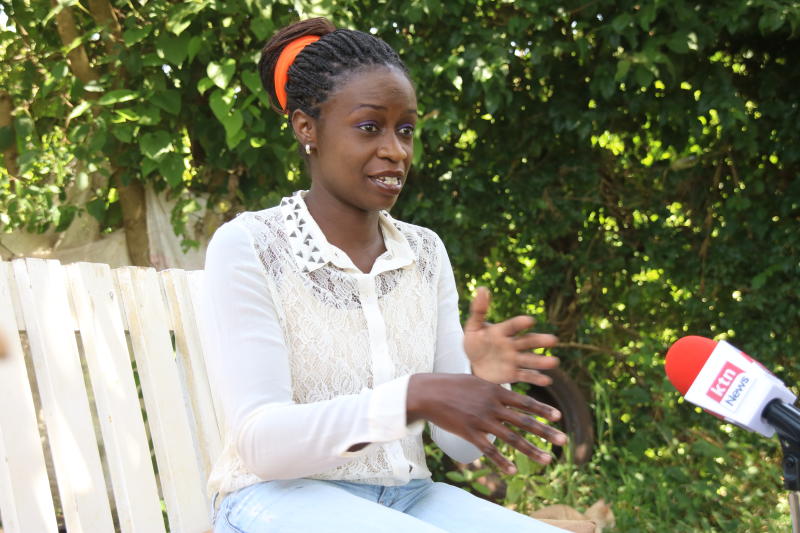
Michelle Sambu Alividza has recovered from alcohol addiction. [David Gichuru, Standard]
Michelle Alividza received us with a warm smile at the gate of ‘Usikimye’ safe house in Ikinu, Kiambu County, her home since December last year, after completing her rehabilitation in another rehab centre, also in Kiambu.
A mother of four, Michelle has her two sons closely clinging on to her, but she insists that the interview be done without them.
Facts First
This story continues on The Standard INSiDER. Subscribe now for unfiltered journalism that holds power to account.
Already have an account? Login
 The Standard Group Plc is a multi-media organization with investments in media
platforms spanning newspaper print
operations, television, radio broadcasting, digital and online services. The
Standard Group is recognized as a
leading multi-media house in Kenya with a key influence in matters of national
and international interest.
The Standard Group Plc is a multi-media organization with investments in media
platforms spanning newspaper print
operations, television, radio broadcasting, digital and online services. The
Standard Group is recognized as a
leading multi-media house in Kenya with a key influence in matters of national
and international interest.











